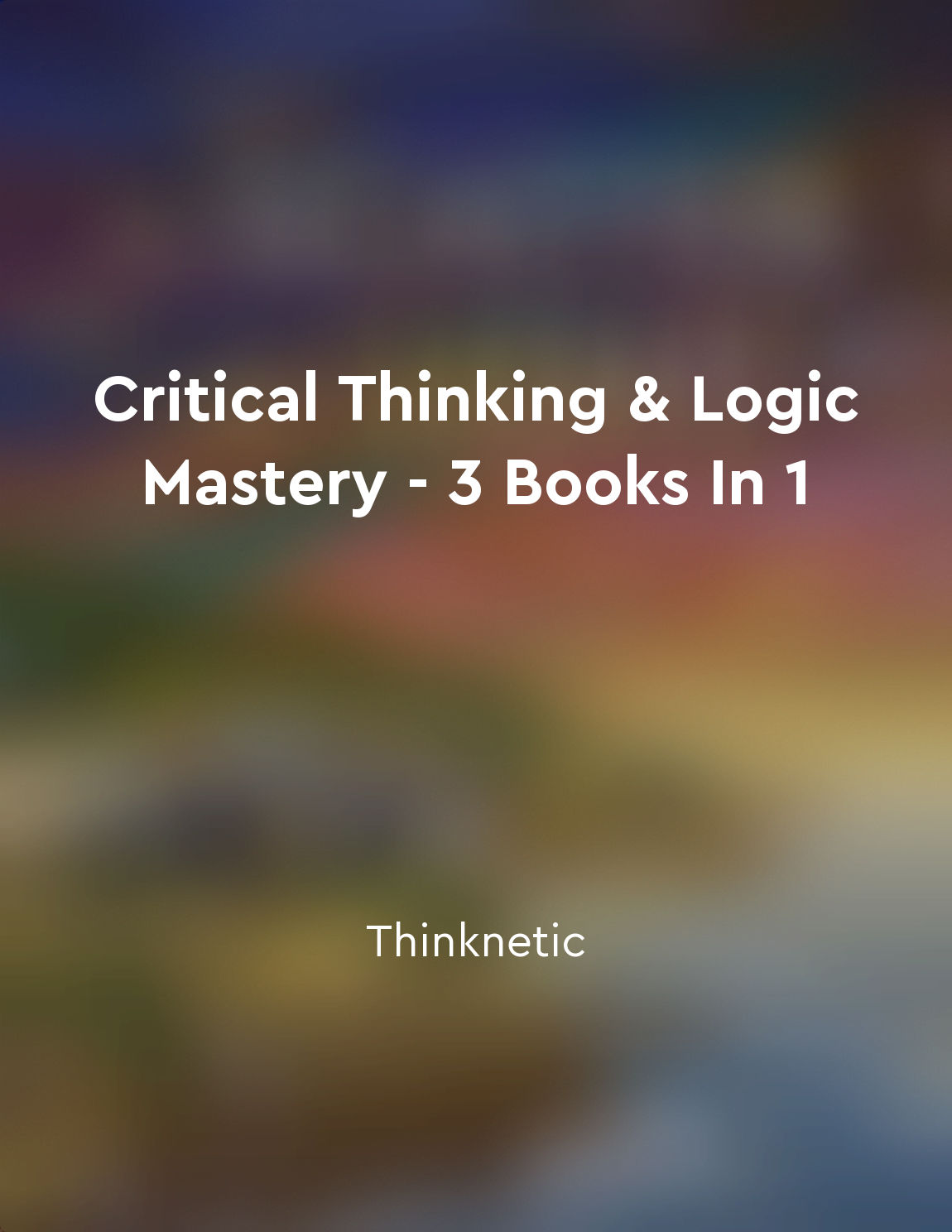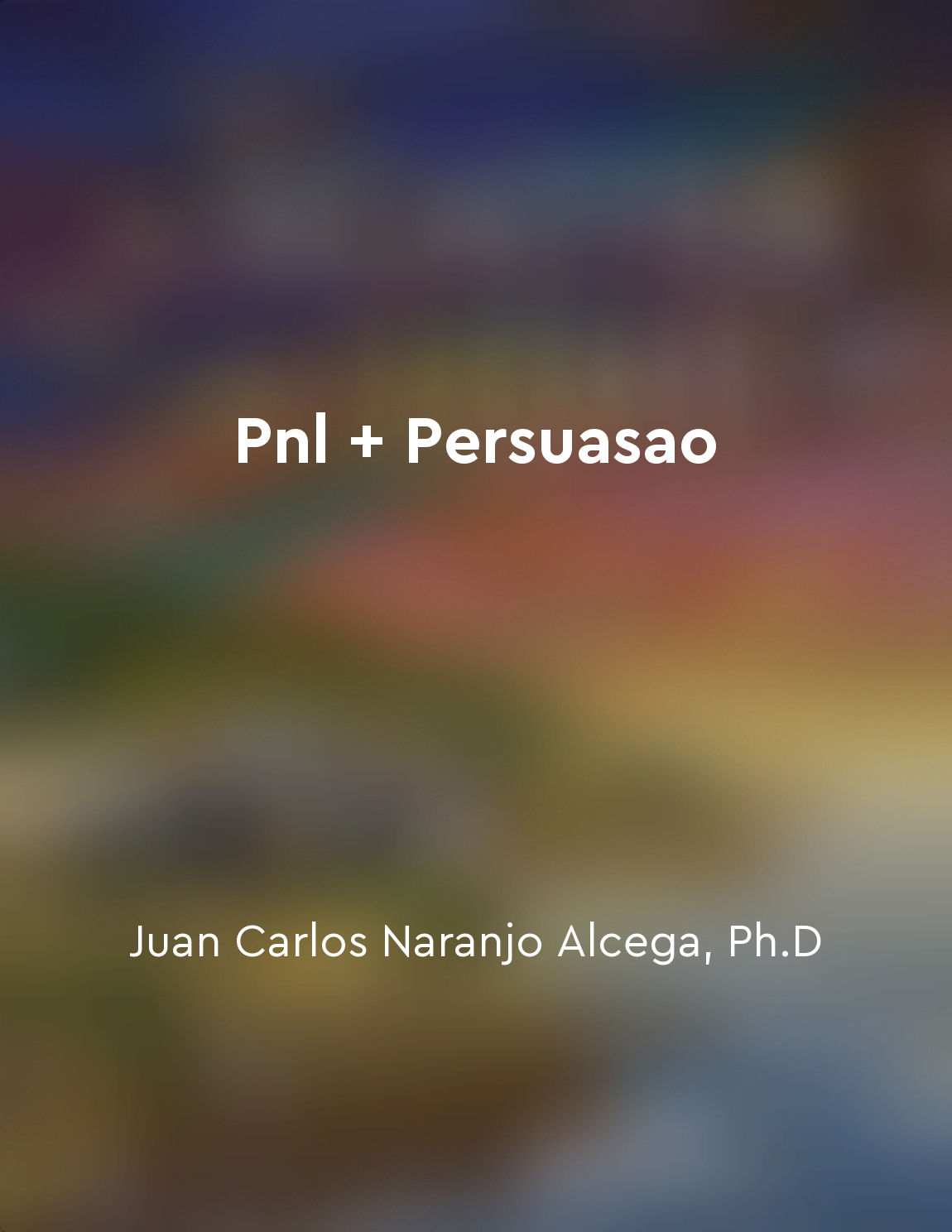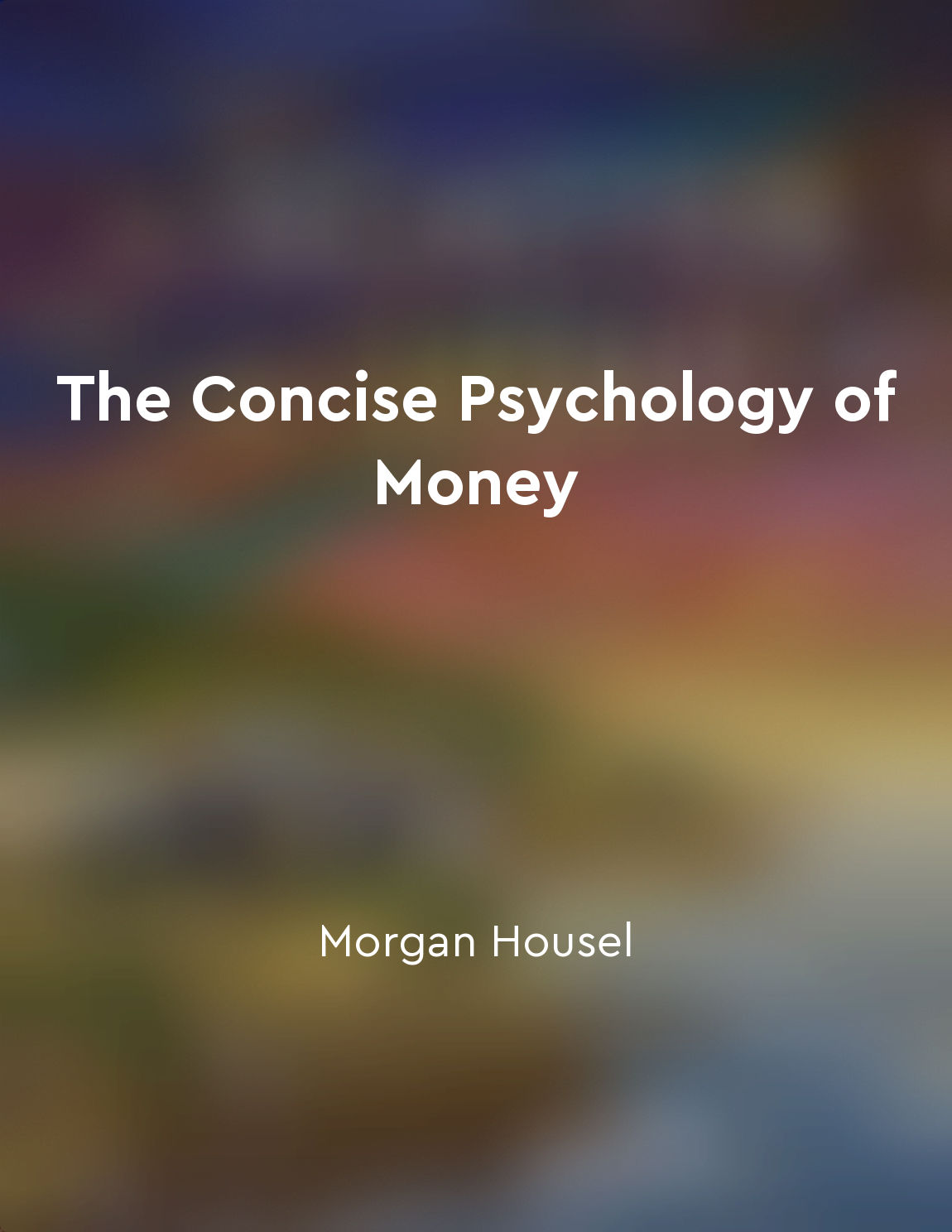Audio available in app
Awareness of cognitive biases can improve decision making skills from "summary" of Thinking Fast and Slow by Book Summary
Our minds are susceptible to a wide array of cognitive biases that can lead us astray in our decision-making processes. These biases are often subtle and operate beneath our conscious awareness, influencing our judgments and choices without us even realizing it. By becoming aware of these biases, we can begin to counteract their effects and make more rational and informed decisions. One common bias that affects our decision making is known as the availability heuristic. This bias causes us to rely on information that is readily available in our minds when making judgments, rather than considering all relevant information. For example, if we have recently heard about a series of shark attacks, we may overestimate the likelihood of being attacked by a shark, despite the statistical rarity of such events. Another bias that can cloud our judgment is the confirmation bias. This bias leads us to seek out information that confirms our preexisting beliefs and ignore evidence that contradicts them. By being aware of this tendency, we can make a conscious effort to consider all viewpoints and evidence before coming to a conclusion. The anchoring bias is yet another common cognitive bias that can impact our decision making. This bias causes us to rely too heavily on the first piece of information we receive (the "anchor") when making decisions. By recognizing this bias, we can take steps to consider a wider range of information and not be overly influenced by initial impressions or numbers.- There are many other mental shortcuts and biases that can lead us astray in our decision making. By developing an awareness of these biases and actively working to counteract them, we can improve our ability to make sound and rational decisions. It is important to remember that overcoming cognitive biases is an ongoing process that requires vigilance and self-reflection. By being mindful of our thought processes and biases, we can become better decision makers and ultimately lead more fulfilling and successful lives.
Similar Posts

Understanding logical fallacies can prevent errors in reasoning
Understanding logical fallacies is crucial in developing strong critical thinking skills. By being able to identify and avoid l...

Building rapport is the first step in persuasion
Building rapport is the foundation of any successful persuasion attempt. Without establishing a connection with the person you ...
The impact of peer pressure on our spending habits
Peer pressure is a powerful force that can influence our spending habits in significant ways. We are social beings, and we ofte...
Enhancing problemsolving skills
To improve one's problem-solving skills, it is essential to practice logical thinking. Logical thinking involves analyzing situ...
Collaboration and discussion lead to deeper understanding
The concept that collaboration and discussion lead to deeper understanding is rooted in the idea that individuals have limited ...

Building wealth is a gradual process that requires patience and perseverance
Building wealth is not a quick fix or an overnight success story. It is a slow and steady journey that demands time, effort, an...
Stay informed about market trends
Staying informed about market trends is crucial for investors. Knowing what is happening in the market can help you make better...

Selfawareness
Self-awareness is a crucial concept in understanding dark psychology. It involves being conscious of one's thoughts, emotions, ...
Engaging students requires effort
Engaging students is not an easy task. It requires effort on the part of the teacher to create a learning environment that capt...
Market overreactions can create opportunities for contrarian investors
Contrarian investors thrive on market overreactions. When investors become overly optimistic about a stock or market segment, p...


